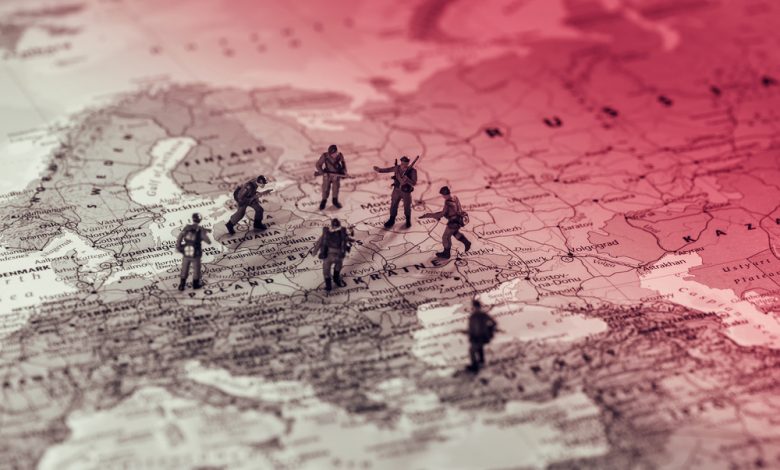
Russian President Vladimir Putin – who is reportedly angry at President Joe Biden for calling him a "killer" on his first sit-down interview after taking office – moved 28,000 Russian troops to the border with Ukraine as a reply addressed to the U.S. government. On Monday, Putin also quietly changed Russia's constitution to stay in power until 2036. Then he would be 83 years old.
In an interview, Pavel Baev, a senior researcher at Norway's International Peace Research Institute in Oslo, said that Putin is a manipulator rather than a warrior, explaining that Putin's recent actions are likely a demonstration of muscle meant to send a message and not to start a war.
Analysts speculate that Russia's hypersonic weapon tests, military build-up ate the Ukraine border, and ongoing crackdown on political opponents are meant to test American and NATO response time and the White House's reaction.
"Putin has come to increasingly rely on repression of his political opponents, and I take that as a sign of weakness rather than a sign of strength," said Timothy Frye, author of the new book "Weak Strongman: The Limits of Power in Putin's Russia," urging the Biden administration not to play Putin's game.
Is it a bluff?
While some experts argue that Putin's actions aim to bait the Pentagon into spending more on expensive weapons, new satellite pictures showing the expanding Russian military bases and growing number of weapon tests raise fears of another "Cold War
Furthermore, a series of weapons tests had caught Pentagon's attention as Moscow is developing a stealth nuclear-powered megaton torpedo that could cause radioactive tsunamis and devastate cities along the U.S. East Coast.
In addition to this, the Pentagon took notice of three Russian submarines, each capable of carrying 16 ballistic missiles, bursting through the Arctic ice in a synchronized exercise in late March.
Experts explain that as the polar caps are melting, the world's Great Powers are competing to control the new Arctic's sea lanes.
Commenting on Russia's recently established permanent rotational Quick Reaction Alert detachments at two Arctic airfields, Pentagon spokesman Lt Col Thomas Campbell pointed out that Moscow is refurbishing Soviet-era airfields and radar installations and expanding its military bases in the Arctic.
"[Russia] is also expanding its network of air and coastal defense missile systems, thus strengthening its anti-access/area-denial capabilities over key portions of the Arctic," Campbell said.
Commercial satellite photos reveal 50 new military posts across the Atlantic, positions which Russia shuttered at the end of the Cold War
Experts who worry that Russia is seeking a new Cold War with the West warned that the Poseidon – an unmanned stealth nuclear-powered cruise missile that could travel 6,000 miles along seafloor – could devastate coastal areas in the United States.
Vice Admiral Robert Murrett said that the U.S. military is concerned about Russia's growing arsenal.





Leave a Reply
Thank you for your response.
Please verify that you are not a robot.